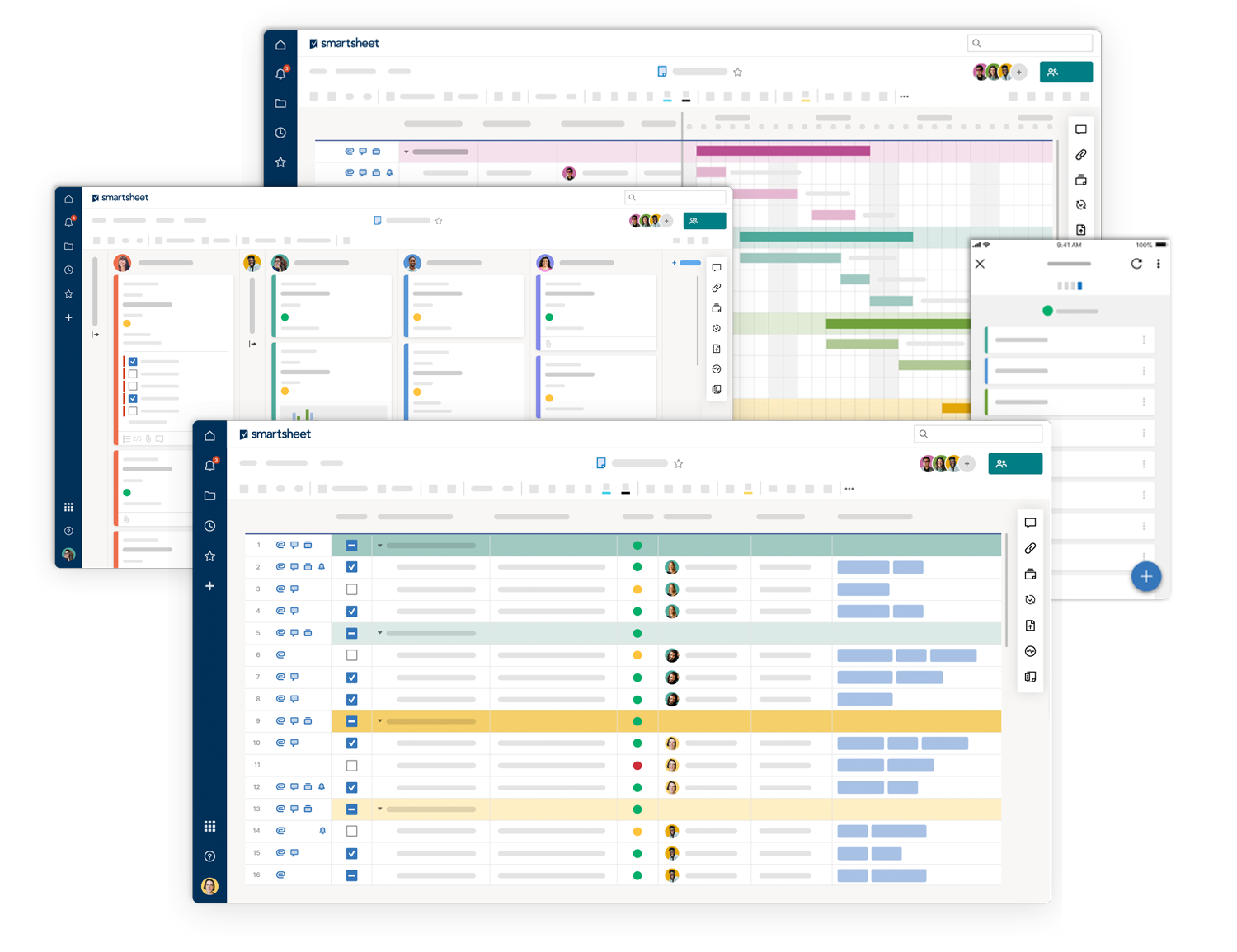 Written by Leeron Hoory Written by Leeron Hoory  Reviewed by Noa Kaufman Reviewed by Noa KaufmanLast Update: {month} {year} Project management is an approach to planning, executing, and overseeing a project from the initial idea to completion. Whether you're managing a growing business or embarking on a new venture, understanding project management can significantly contribute to turning your ideas into reality while also helping to maintain control over scope, budget, and schedule. Whether you are navigating the early stages of your business or looking to streamline operations as you grow, understanding the basics of project management is crucial. This article will introduce you to the project management basics. This will include key concepts, methodologies, and best practices and how to tailor each to your needs. What is Project Management?Project management has a broad definition since it is used in many different industries and refers to the process of managing a variety of projects. According to the Association for Project Managers, “Project management is the application of processes, methods, skills, knowledge and experience to achieve specific project objectives according to the project acceptance criteria within agreed parameters.” As a small business owner, you likely already have some project management systems in place. However, formalizing these systems can help you scale and run projects more effectively. When systems are organized and you’re no longer spending all your time on daily tasks, you’ll be able to dedicate your time to the long-term growth of your company. Some small businesses hire a dedicated project manager. Depending on your needs, this role might be full-time or part-time. Project managers ensure that all aspects of a project meet expectations and are delivered on schedule. Key Concepts in Project ManagementWhile every project is different, successful project management requires planning, leadership, and effective communication. Here are a few project management essentials that could act as the key to your businesses success:
Project Management MethodologiesThere are a few different popular project management methodologies and each is suited for different types of work styles and projects. The methodology you choose to implement in your team will largely depend on which projects you are working on. For example, Agile is commonly used by software companies while the Waterfall method is more suitable for projects involving construction and engineering. However, it’s good to be aware of the different methodologies so you can implement the one that best fits your projects: Waterfall MethodThe Waterfall methodology takes a linear approach to project management. Put simply, one part of the project needs to be completed before the team can move on to the next step. This methodology has five stages: requirements, design, implementation, verification, and maintenance. It is best suited for projects where the end goal is already determined from the start. Agile MethodAgile is an iterative methodology and is much more flexible than waterfall. It’s best suited for projects where you don’t yet have a specific end goal or where the final outcome will depend on what’s revealed throughout the process. Agile is iterative. The final project is broken into different phases called sprints, and feedback is given throughout the project lifecycle instead of only at the end. This makes it adaptive to changes throughout the process. Agile is common in software development and technology companies. ScrumScrum is a specific framework within the Agile methodology. It is especially popular in software development as it’s designed to regularly evaluate the project, adapt quickly and adjust as you go. Scrum is organized in iterative phases called sprints. KanbanFor this methodology, individual tasks are visualized as cards, and the team addresses each one as time allows. There aren’t specific roles and set sprints like there are with Scrum. Kanban is best for projects with a steady stream of work rather than fixed milestones. Project Management ToolsProject management tools help keep team members on the same page about which stage the project is in and which specific tasks individuals need to complete. They also help centralize information by putting all the essential tasks and documents of a project in a single platform. There are many options for online project management tools. Most of them can be purchased online (without customization) and are suitable for small businesses that want the option to scale in the future. Some popular options include:


 Best Practices in Project ManagementManaging a project involves understanding all the different components that need to be done and who is responsible for them. While the role will vary by the team and the project, here are some of the best practices for project management:
ConclusionThe way you choose to manage your projects will depend on factors like your overall goals, whether you have a clearly defined final deliverable before starting, and how many changes come up during the process. What doesn’t change, however, is that projects need oversight to ensure they stay on track. Learning about the different project management methodologies and best practices will help ensure successful execution. If you’re just starting to learn about the formal practice of project management and how it can benefit your business, read more about specific methodologies that might work for your project and dive further into management techniques. | _ |